15 Fascinating Things You Probably Don’t Know About Otterhounds
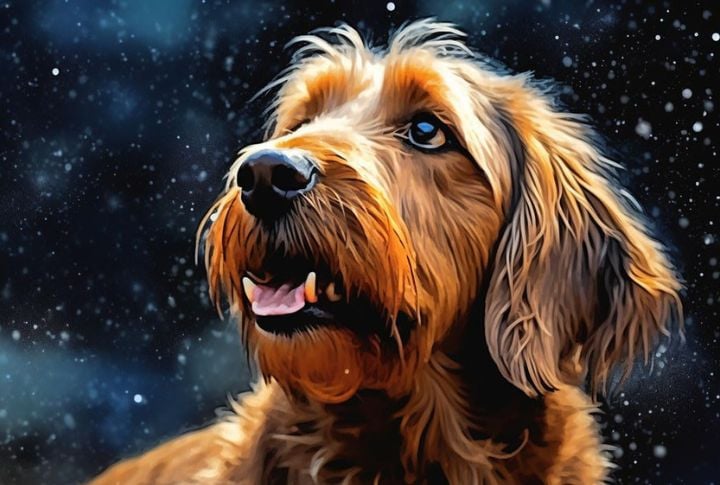
A gaze brimming with warmth and curiosity makes Otterhound an undeniably charming companion. Their joyful, bouncy gait and famously goofy personalities make it impossible for them not to love. But their story holds more than is commonly known—let’s uncover the unexpected traits and history behind this fascinating breed.
Otterhounds Have A Unique Gait
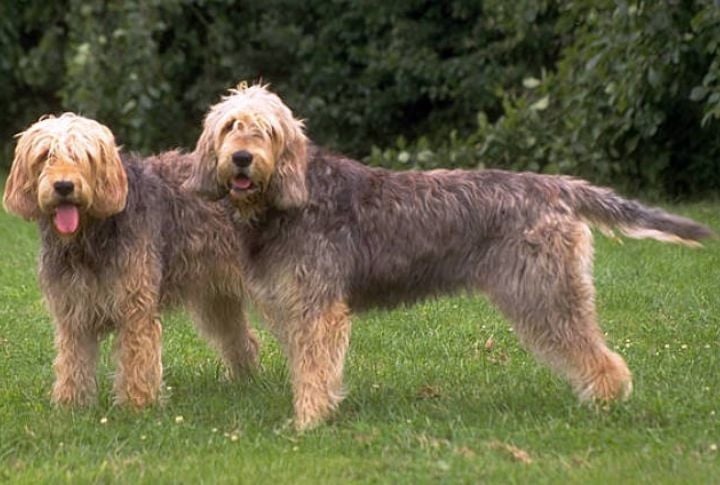
Otterhounds have a unique, springy trot that helps them navigate uneven terrain effortlessly. Their long stride and powerful hind legs enable efficient tracking, covering vast distances with minimal effort. This natural movement is essential to their hunting and endurance skills.
Bred For Tracking Otters
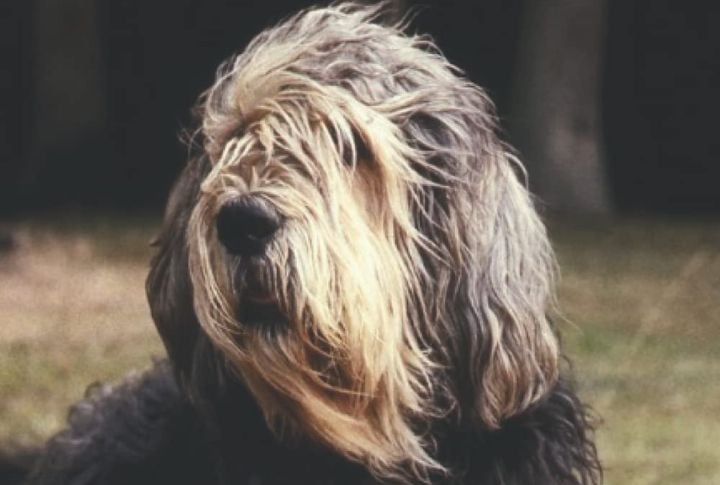
Otterhounds were historically bred for the specialized task of hunting otters. By the 12th century, hunters widely used them to pursue otters through rivers and marshlands, often working in packs to corner their quarry. Their effectiveness in the field earned them a place among the elite hunting breeds of early Britain.
A Mix Of Bloodhound
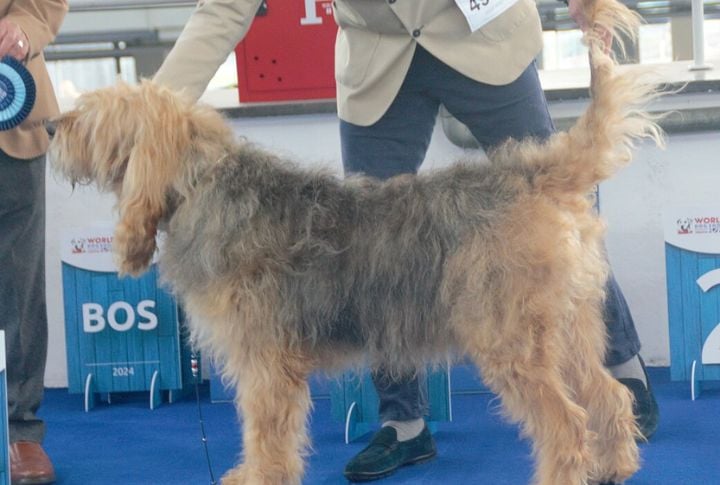
These pups have a rich genetic heritage, blending characteristics from several distinct breeds. Their lineage includes the Bloodhound’s deep-chested frame, the Griffon Nivernais’ rugged adaptability, and the Harrier’s energetic disposition. This unique combination grants them exceptional resilience in wet environments.
Webbed Feet For Swimming
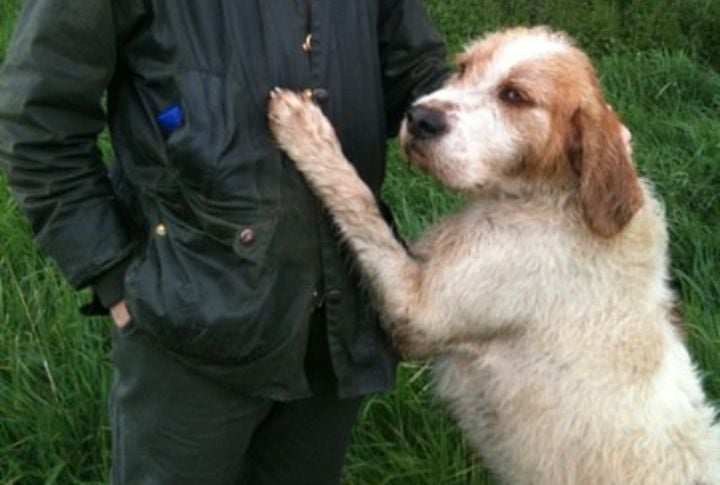
Otterhounds possess partially webbed paws, which enhance their ability to swim against strong currents. Their large, well-padded feet propel them through the water with remarkable efficiency, rivaling breeds designed for aquatic environments. They glide through streams with the skill of true aquatic specialists.
Elite Scent-tracking Ability
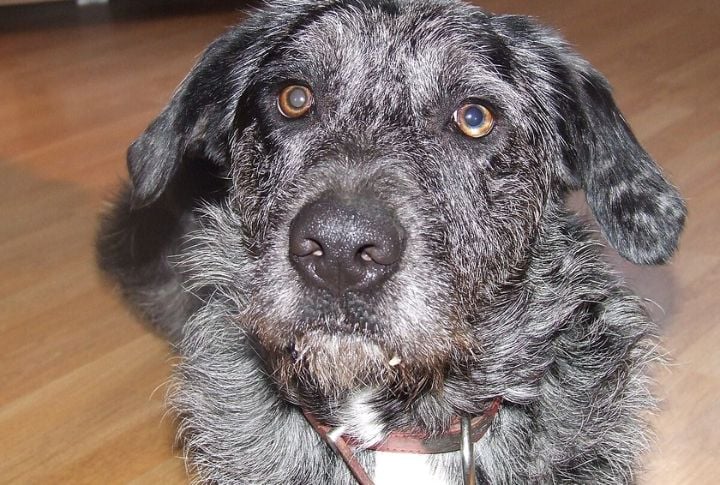
Their sense of smell rivals even the Bloodhound—an extraordinary feat considering their aquatic hunting specialization. According to the Canadian Kennel Club, this breed has 220 million scent receptors. They detect odors underwater and follow prey trails long after a target has vanished.
A Gentle Giant Hunter
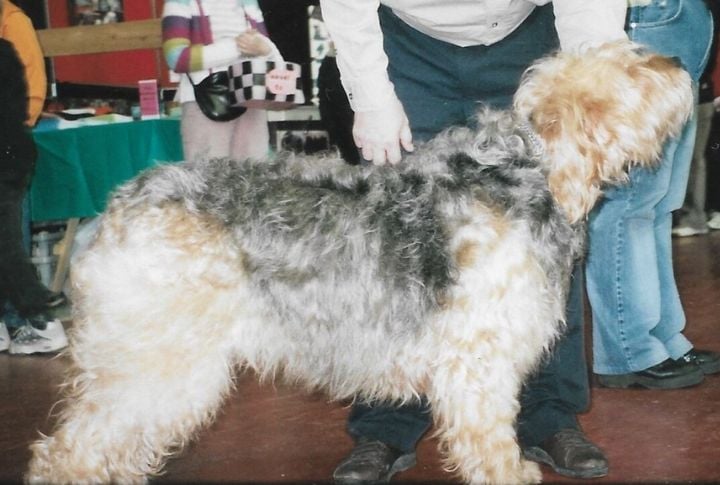
Despite their past as determined hunters, Otterhounds have a relaxed, affectionate demeanor. Often weighing over 100 pounds, these large hounds exude warmth toward family members, leaning into their gentle nature. They have a playful spirit and deep loyalty, which makes them surprisingly loving household companions.
Heavy Duty Shaggy Coat
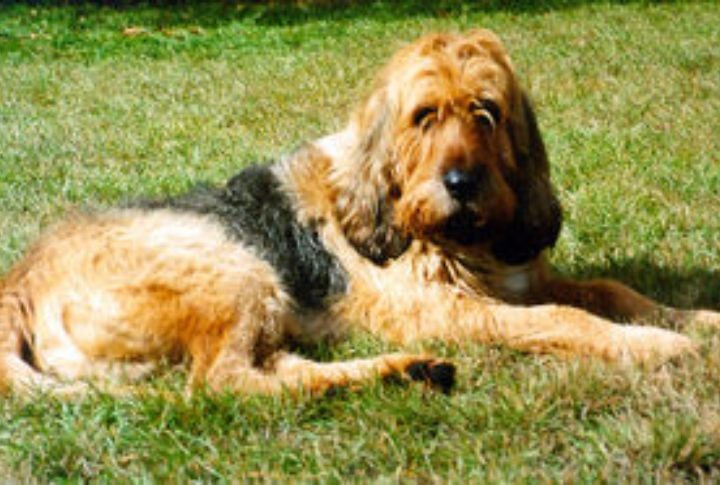
Otterhounds have thick, water-resistant double coats built to endure damp, cold environments. Their coarse outer layer protects against debris, while the insulating undercoat repels moisture, keeping them warm. The texture of their fur also prevents tangles, which is essential for dogs going through dense underbrush during long hunting excursions.
They Nearly Went Extinct
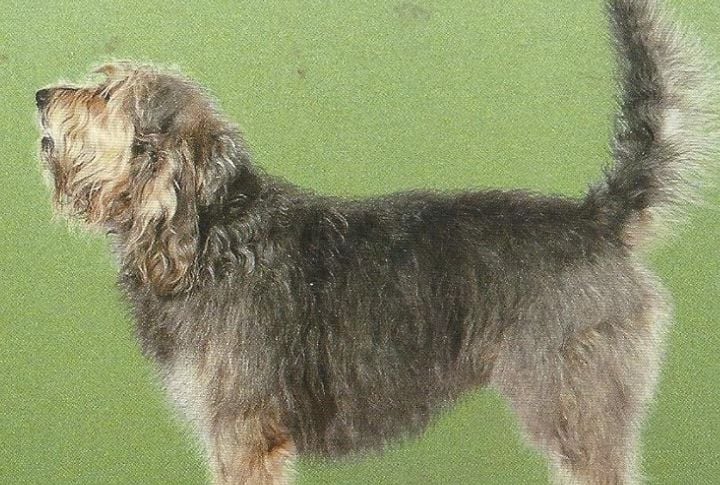
With the 1978 ban on otter hunting in England, Otterhound populations plummeted. Without their traditional role, the breed faced near extinction, dwindling to less than 1,000 worldwide. Now, dedicated conservationists and breed enthusiasts have launched preservation efforts and are striving to protect this remarkable lineage from disappearing.
Require Extensive Exercise
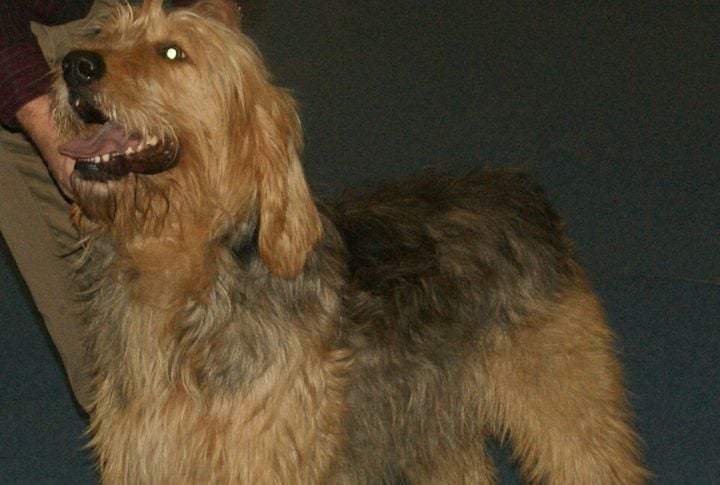
This hound is not for the casual dog owner. Its high-energy nature demands daily mental challenges and intense physical activity. Without sufficient stimulation, Otterhounds grow restless and indulge in mischief. Whether nose work training, swimming, or long-distance hikes, this breed thrives best in engaging environments that tap into its natural instincts.
Recognized Since 1909
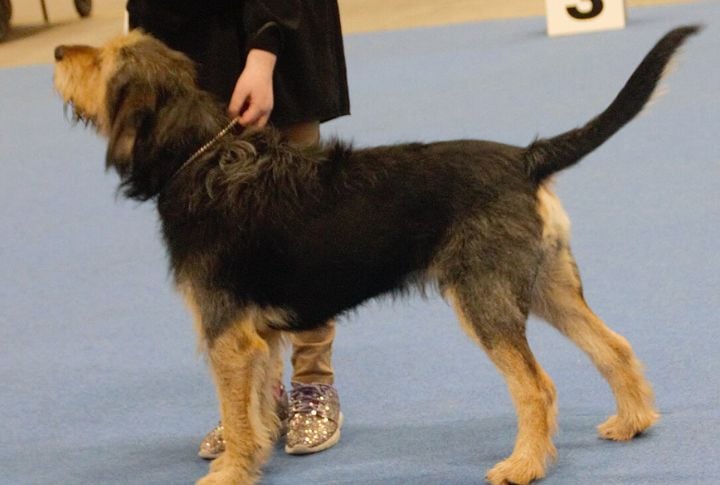
Otterhounds officially joined the AKC Hound Group in 1909, thanks to dedicated breeders who highlighted their hunting skills and unique traits at early dog shows. Their first major exhibition was in 1907 in Claremont, Oklahoma, where six Otterhounds were showcased, helping pave the way for their formal recognition.
A Deep Melodic Bay
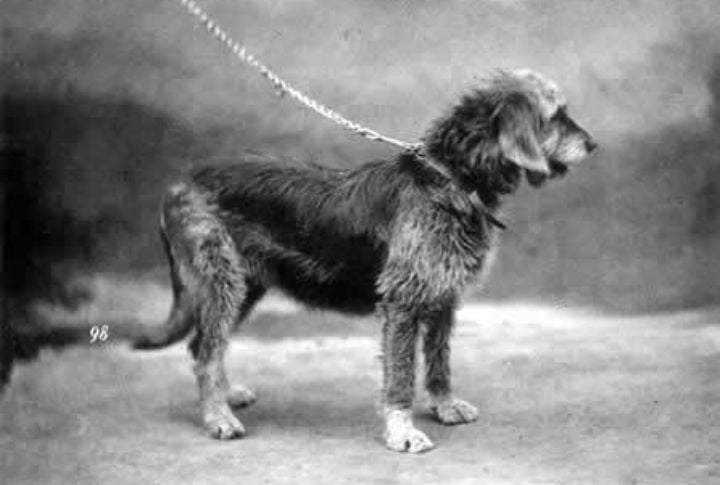
Otterhounds love to be heard! Their characteristic bay—a deep, resonant howl—is impressive and unmistakable. Originating from their hunting days, otterhounds use their voices to signal tracking progress or communicate excitement. Their loud, melodious calls are an enduring feature of their unique breed identity.
Highly Independent Thinkers
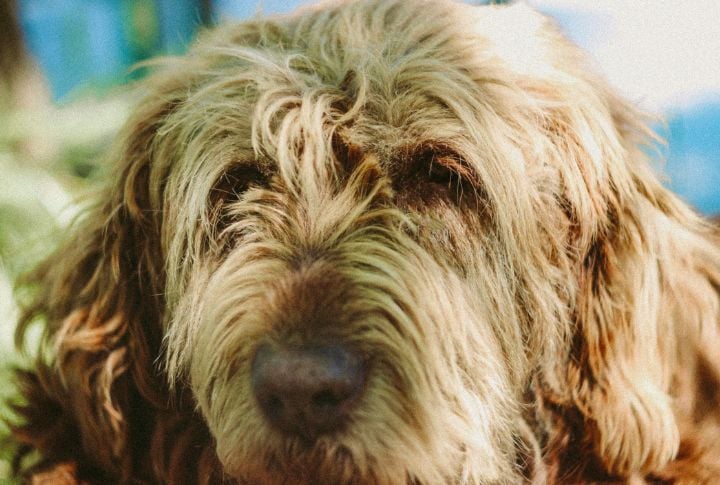
Expect stubborn streaks. Otterhounds don’t just follow commands; they analyze situations before deciding if an order is worth obeying. This independent thinking, inherited from generations of working hounds, makes them both intelligent and stubborn. Owners must embrace patience, using reward-based training to harness their strategic yet willful nature.
Water-Based Sports Athletes
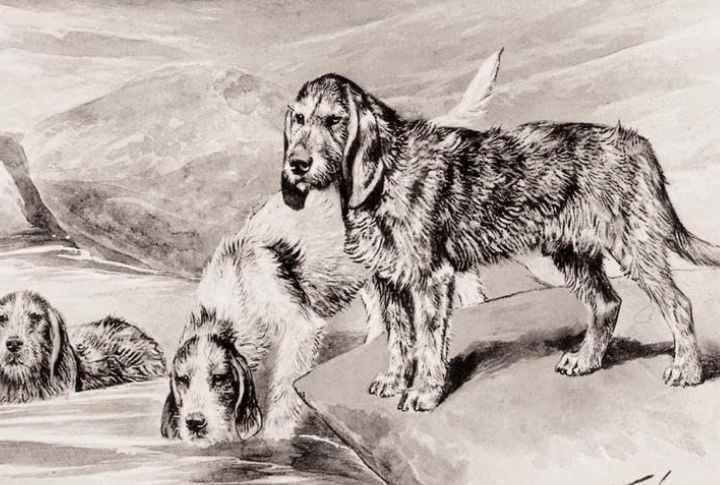
These natural swimmers thrive in events like dock diving and search-and-retrieve games. Their instincts drive them toward aquatic adventures, making them ideal candidates for dog sports requiring endurance and precision. Otterhounds are happiest when surrounded by water, whether competing or simply just splashing around.
A Large Droopy Ears
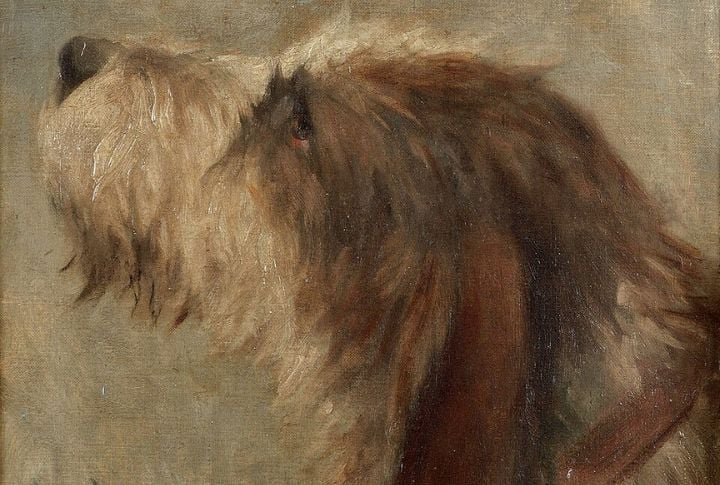
These pups sport long, velvety ears that serve more than just aesthetic appeal. The floppy structure helps funnel scent particles toward their noses, strengthening their tracking precision. While their ears require regular cleaning to avoid infections, they remain a distinctive and functional trait of this incredible breed.
Among The Rarest Breeds
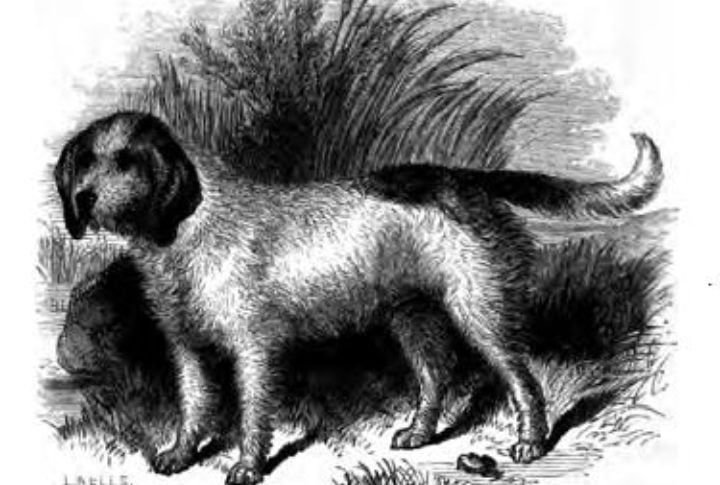
With fewer than 800 registered Otterhounds worldwide, they rank as one of the most endangered purebred dogs. Breed enthusiasts work tirelessly to protect their lineage and ensure their extraordinary skills and historical significance endure for future generations.





